detail profile hartmut bitomsky
Peran Yang Di Mainkan Hartmut Bitomsky
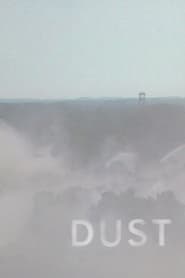 A look at the pervasive power...
A look at the pervasive power...Dust 2007
A look at the pervasive power of dust from its tiny particles settling in unseen places to its ability to cause illnesses and create the cosmos.
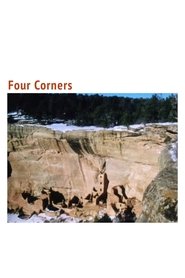 James Bennings Four Corners uses a...
James Bennings Four Corners uses a...Four Corners 1997
James Benning's "Four Corners" uses a specific geographical location to pose larger questions about the United States. Here, the geographic and wholly imaginary place Four Corners, that favorite tourist destination where Colorado, New Mexico, Arizona, and Utah meet, becomes a kind of theoretical ground zero, the site from which Benning can give voice to other, pointedly unofficial American stories.
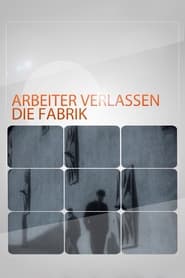 Using one of the Lumire Brothers...
Using one of the Lumire Brothers...Workers Leaving the Factory 1995
Using one of the Lumière Brothers' first films of workers leaving the Factory as his starting point, Farocki provides an insight to changes in industrial production, workers' strikes and motion pictures-- via images of workers leaving factories throughout the years.
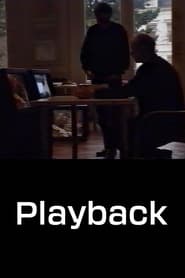 The film documents a debate about...
The film documents a debate about...Playback 1995
The film documents a debate about early 20th century films, mainly 1910 to 1920, from short news reels to excerpts from full-length movies. At Amsterdam's Film Museum, film directors, students, and film researchers and archivists look at the moving images and discuss their meaning, in the social and technical contexts. Moody live music was added to the edited film.
 Barrage and Bunker is an essay...
Barrage and Bunker is an essay...Barrage and Bunker 1991
Barrage and Bunker is an essay film about the (narrative) space imagined by fiction films. Reflections and associations about movement in space are the basis of every kind of story-telling. The film is sometimes referred to as part of Bitomsky's Cinema Trilogy. Sequences from over 20 movies are quoted and commented on by a team of three "researchers" (Bitomsky, Petzold, Tanner) in a sort of laboratory. TV-monitors, production stills and screenshots are used as well as quotations from books. A long night's work.
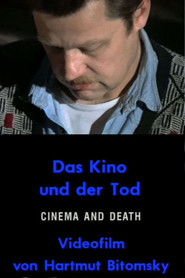 Why does cinema need death when...
Why does cinema need death when...Cinema and Death 1988
“Why does cinema need death, when it can’t show it?” The filmmaker’s monologue and the discourse of images meet
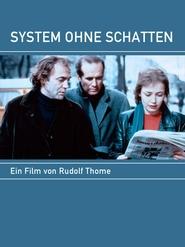 Computer operator Faber works on securing...
Computer operator Faber works on securing...System Without Shadow 1983
Computer operator Faber works on securing computers for big companies and banks. His private life is rather dull until he meets a strange women, Juliet and falls in love. Her friend convinces Faber to exploit his knowledge to rob a bank.
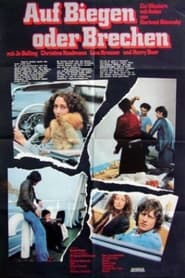 A darkly comedic exploration of personal...
A darkly comedic exploration of personal...Bent or Broken 1975
A darkly comedic exploration of personal struggle and societal pressure, we follow the story of a middle-aged man named Max, who is trapped in a life of monotony and frustration. After a series of unexpected events, Max finds himself in increasingly absurd and challenging situations, forcing him to confront his own limitations and fears. With sharp humor and a critique of societal expectations, the film delves into the pressures that shape our lives and the lengths we go to in order to break free from them. A poignant yet quirky tale about bending to life's demands or breaking under the weight of it all.
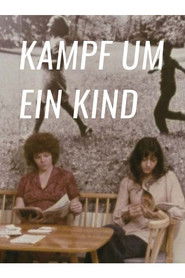 A West Berlin doctor married with...
A West Berlin doctor married with...Kampf um ein Kind 1975
A West Berlin doctor, married with a two-year-old child, leaves her husband to go to Munich to work in the birth clinic of a hospital. Her husband doesn’t know that she’s pregnant with their second child. Will she have to choose between motherhood and her career?
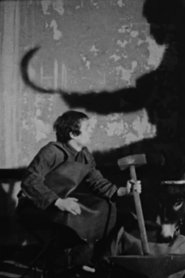 An educational film about an aspect...
An educational film about an aspect...Something Self Explanatory (15x) 1971
An educational film about an aspect of political economy. The concepts of use value, barter value and labor as a commodity are the subjects; they are intended to introduce the process of understanding the theory of value of work and the law of values, alienation and fetish.

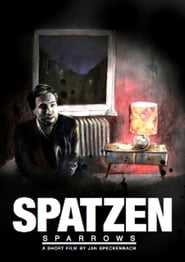 A man and a woman meet...
A man and a woman meet...
